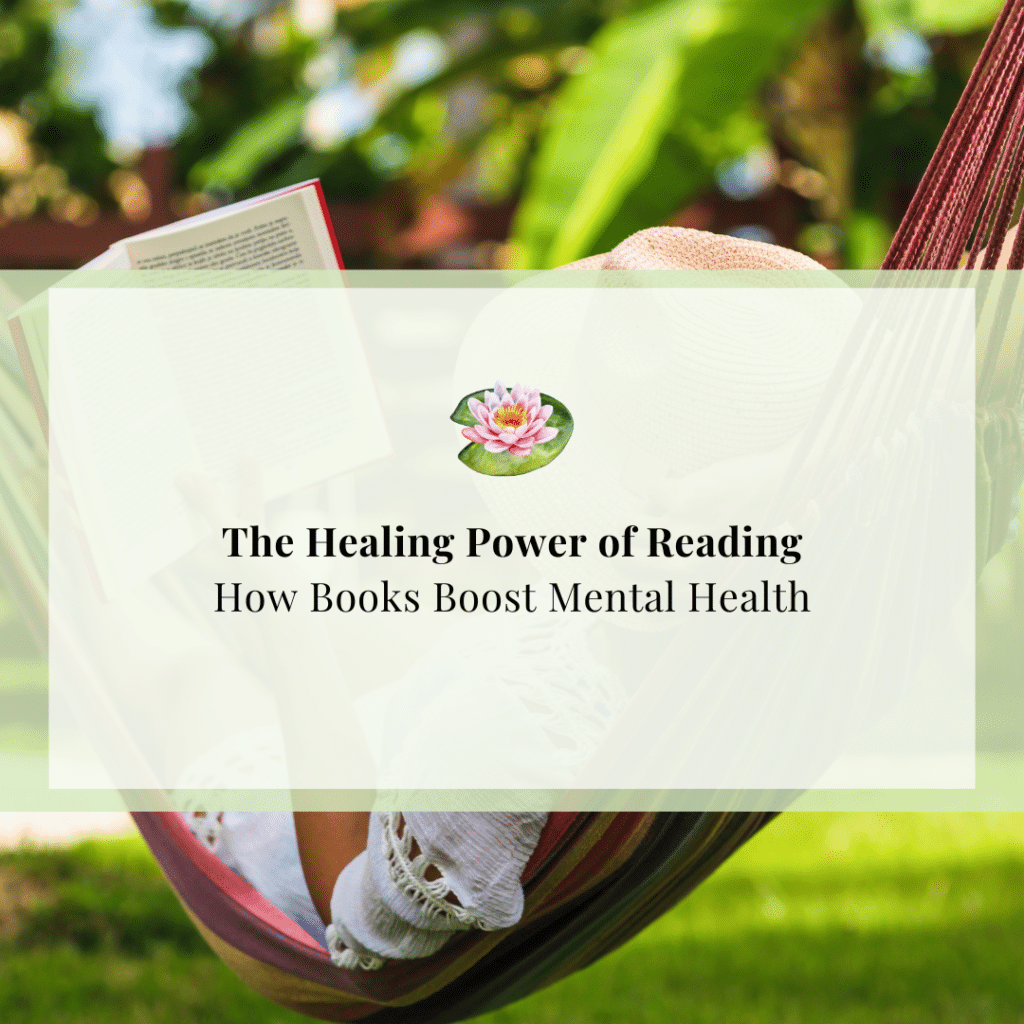
In the hustle and bustle of modern life, finding solace and tranquility can sometimes seem like an impossible task. However, nestled within the pages of a book lies a sanctuary for the mind—a place where worries fade, imagination soars, and mental well-being flourishes.
In this blog post, we’ll explore the profound benefits of reading for mental health and why it’s a practice worth cultivating.
Escaping the Noise
In today’s hyper-connected world, our minds are constantly bombarded with stimuli—from the ping of notifications to the endless scroll of social media feeds. Amidst this chaos, reading offers a reprieve—a quiet space where we can retreat from the noise and immerse ourselves in the world of words.
When we read, our attention becomes singularly focused on the narrative before us, allowing our minds to disengage from stressors and worries. This mental break is crucial for reducing anxiety and promoting relaxation, akin to a mini-vacation for the mind.
Empathy and Understanding
One of the most remarkable aspects of reading is its ability to foster empathy and understanding. Through the lens of characters and their experiences, we gain insights into different perspectives, cultures, and emotions. This empathetic connection not only enriches our understanding of the world but also strengthens our social bonds and emotional intelligence.
By delving into diverse narratives, we expand our capacity for compassion and empathy, which are essential components of positive mental health. Whether we’re navigating the complexities of human relationships or grappling with our own struggles, literature serves as a guiding light, offering solace and solidarity in shared experiences.
Cognitive Stimulation
Just as physical exercise is vital for maintaining a healthy body, mental exercise is crucial for nurturing a resilient mind. Reading is like a workout for the brain, stimulating cognitive function and enhancing neural connectivity. As we navigate complex plots, decipher symbolism, and analyze characters’ motivations, our brains are engaged in a intricate dance of comprehension and interpretation.
Moreover, research suggests that reading can help stave off cognitive decline and memory loss associated with aging. By challenging our minds with new ideas and information, we fortify our cognitive reserve, building a robust defense against mental deterioration.
Stress Reduction
In moments of stress and turmoil, turning to a good book can be a powerful coping mechanism. The act of reading promotes relaxation by lowering heart rate and reducing muscle tension, similar to techniques such as meditation and deep breathing.
Furthermore, studies have shown that reading before bedtime can improve sleep quality, allowing for better rest and rejuvenation. By establishing a calming bedtime ritual centered around reading, we signal to our brains that it’s time to unwind, setting the stage for a peaceful night’s sleep.
In conclusion, the benefits of reading for mental health are manifold and profound. From providing an escape from the chaos of daily life to fostering empathy, cognitive stimulation, and stress reduction, books have the power to heal and uplift our minds in ways both subtle and profound.
So, the next time you find yourself seeking solace or longing for a mental recharge, consider reaching for a book. Within its pages, you may just discover a world of wonders waiting to nourish your mind, soothe your soul, and ignite your imagination.



